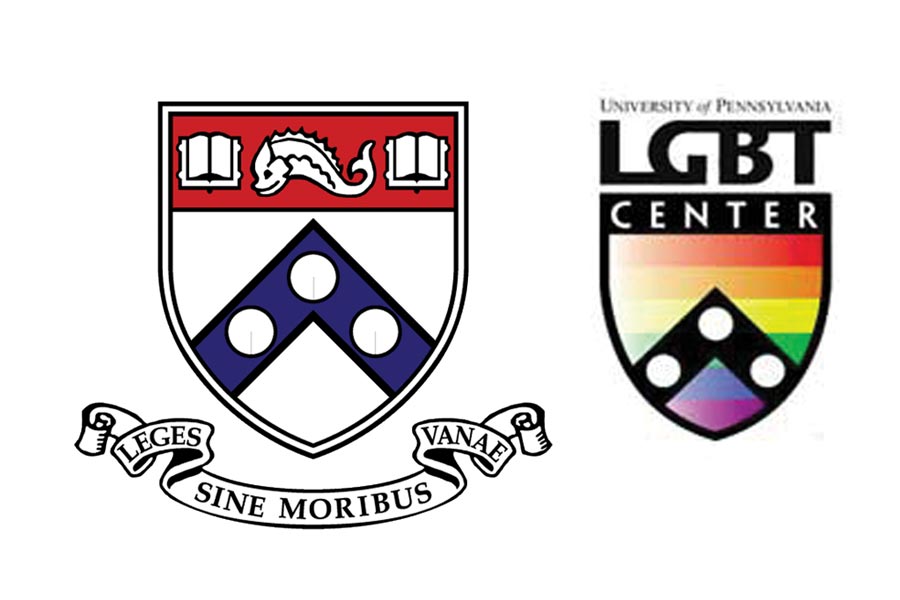The University of Pennsylvania commemorated the life of Dr. Martin Luther King Jr. and the impact he had on Philadelphia’s LGBT community.
Each year in January, the university celebrates his life by hosting various events for social change.
As part of a symposium, entitled “Queer and POC Today,” the Penn LGBT Center hosted an open dialogue on how being a queer person of color is influencing lives, careers and engagement in Philadelphia’s LGBT community.
“My idea behind this is to just have a conversation. I think the power of community is so important,” said Tiffany Thompson, associate director of the center.
Executive Director of the city’s Office of LGBT Affairs Amber Hikes and Executive Director of COLOURS Damon Humes, a black LGBT organization, attended the forum to talk about their own experiences.
Hikes said she always wanted to be an educator and could not foresee doing the work she does today.
“I’m still shocked that I ended up where I am. I never envisioned myself being where I am today. I didn’t see people who looked like me who led this community. If you can’t see it, it makes it harder to be it. I wasn’t able to see myself here because I didn’t see anyone else like me doing this,” she told the crowd.
Hikes talked openly about her identity and how it affects her job in the Office of LGBT Affairs.
“The way I ended up in my position right now, our community is going through some serious challenges about race in the LGBT community. We know the LGBT community has had challenges around race for a very long time,” she said.
Hikes reflected back to last June when black and brown stripes were added to the city’s rainbow flag, expanding on the original design. The brown and black stripes symbolize the LGBT community’s racial diversity.
At the time of the movement, Hikes received death threats from across the country.
“Racism: it is so real. It’s complicated to be who we are and to do this work,” she said.
Hikes added that it’s important for LGBT people to just feel connected by having a voice and identifying with others.
“My work in the community really helped in terms of the way I can relate to community members who felt ignored, dismissed. Yeah, those identities of being a black queer woman did help in the expertise in this job,” Hikes said.
For Humes, being a queer man of color in his field of work also makes him a voice for the community.
“I was hired based on my social capital in my community. Those people who followed me aided in the work we did. I have a very different black/brown queer experience.
“For me, it wasn’t about fighting the fight. I was dealing with the environment. When you’re in a place where people don’t respect you just because of who you are isn’t good enough, that work was just me coping,” Humes added.
After the dialogue, the floor was open to the students and staff at the center for questions and to engage with the speakers.

